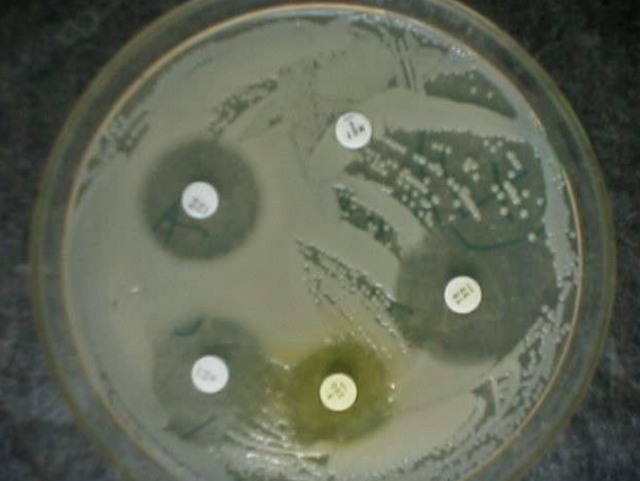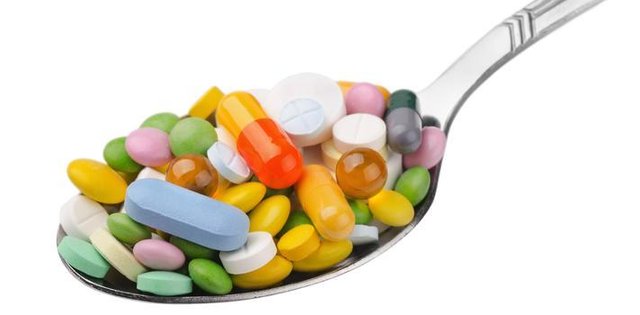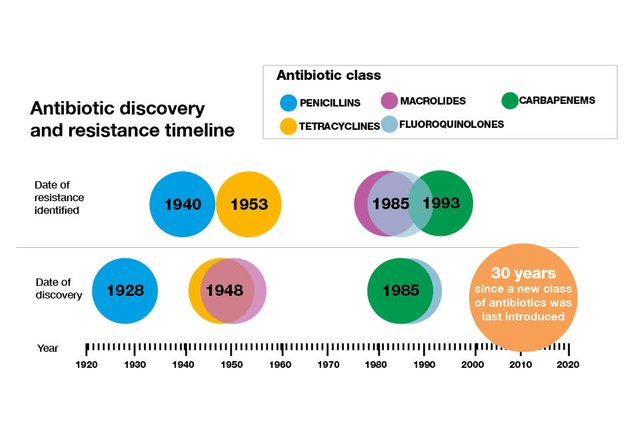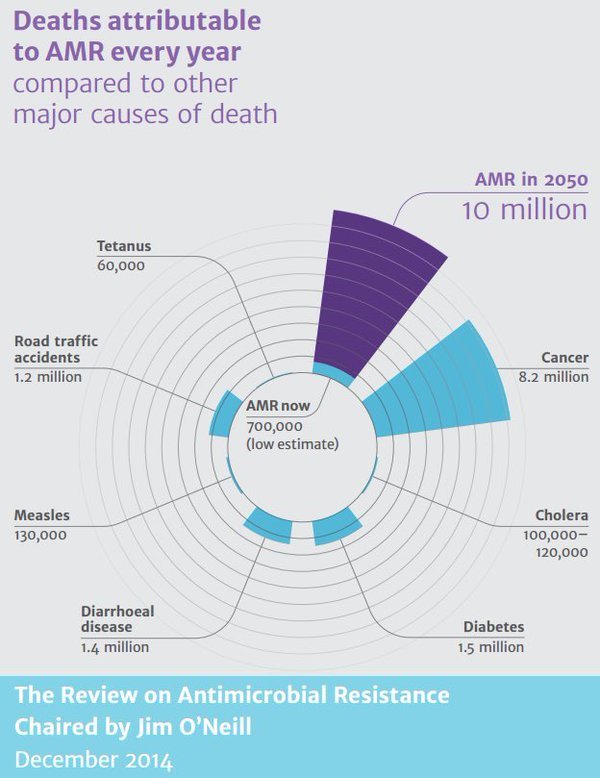Antibiotics resistance "will kill more than cancer' by 2050
Antibiotics represent the first and most potent weapon against bacterial diseases. Too much use and abuse in recent years, particularly to treat viruses do not respond to antibiotics, have led to a dangerous resistance even against the most common infections. Antibiotic resistance is the ability of bacteria or other microbes to resist the effects of an antibiotic. This occurs when bacteria undergo changes that reduce or eliminate the effectiveness of drugs, chemicals or other agents meant to cure or prevent infections.
The bacteria survive and continue to multiply, causing more damage.
The time required to develop resistance to antibiotics depends on how much is used and how often the bacteria exposed to the drug. This can occur in months, weeks or over a period of several years. Usually takes more than strength to be scattered, however, because of travel, we can carry bacteria within hours in another location. In the past, I knew that could lead to new drugs on the market - every year was something new. Now it reached a situation where this does not happen every year. For some bacteria to which resistance we see in hospitals, we have a new drug soon.
What could be the consequences of global antibiotic resistance?
Infections have become increasingly more difficult to treat, use expensive and more toxic substances to be used long term. The strange situation is in the US where there are patients with infectious diseases for which there is no treatment with antibiotics. There are diseases that could be treated, and currently can not be treated. Observe resistant to groups of all ages and frequency of infections, such as strep that causes meningitis and pneumonia increased.
In hospitals, the most common infection is staphylococcus and is common in people who have catheter (tube inserted into the body through which are inserted / removed fluid / body). In this case, the catheter should be removed and, in the case of an abscess (a collection of pus), it will be drained. In some situations you can not do anything to help the patient fight infection and might even result in death.
Antibiotic resistance (ABR) is now widely recognised as a grave threat to global health in the 21st century. Increasing levels of ABR in many countries have sparked fears of a future ‘post-antibiotic age’ in which bacterial infections are no longer treatable. At the same time, unequal access to healthcare resources has meant that many low-income settings never fully entered this antibiotic age to begin with.
The consequences of ABR are difficult to forecast, but a recent report for the UK government estimates the cost of drug resistance to be as high as US$100 trillion worldwide by 2050, with a death toll of up to 10 million per year. Whilst these figures also include the predicted consequences of resistance to other antimicrobial agents, they give an indication of the magnitude of the challenge that the world is currently facing.
Antibiotic resistance has become a growing problem and the World Health Organization warned that this is one of the biggest threats to global health today.
"In too many cases, antibiotics have stopped working. That means that people die of simple infections or diseases such as tuberculosis, tetanus, sepsis and other infections that should not mean a death sentence"said David Cameron at a press conference at the summit taking place in Japan.
In Japan, British Prime Minister David Cameron said leading countries needed to tackle resistance by reducing the use of antibiotics and rewarding drug companies for developing new medicines.
"If we do nothing about this there will be a cumulative hit to the world economy of $100 trillion and it is potentially the end of modern medicine as we know it." in may this year (2016)

photo taken in laboratory of microbiology
What to do?
Do not insist on an antibiotic when you go to the doctor. If you have a cold troublesome, it is important to drink plenty of fluids and rest as much possible. Also, we can prevent some infections by washing of the hands often. You must not be afraid to ask questions her doctor because it is natural to wonder why it was prescribed an antibiotic.
References:
https://www.ncbi.nlm.nih.gov/pmc/articles/PMC4378521/
http://www.reuters.com/article/us-g7-summit-britain-antibiotics-idUSKCN0YI0MY



I really hope they discoverer something soon that will help further with cancer STDs and many other diseases.
From discovery to mass use should pass 30 years; like this was with penicillin as you can see in the image in the post
Or this video
Great lesson for all.
interesting video, 13:20 like how was surprised the moment
We must be careful to drugs consuming
Yea, I learned a lot from that video!
The problem with antibiotic resistance should be more discussed at high level
It is. The problem should be more exposed on tv.
Check out this post. This is about new antibiotics possibility
https://steemit.com/science/@justtryme90/the-future-treatment-against-antibiotic-resistant-superbugs-may-be-inside-of-you-right-now
Indeed, an interesting post
I saw. Thank you
Very informative. I hope you keep posting.
Isn't the lack of funding for the needed research one of the major issues here (developing something new may not ensure immediate profit for the big pharmaceutic companies)?
It can be.
We're in urgent need of new antibiotics, as tens of thousands of people all across Europe dies every year because of antibiotic resistance.
By the way, I wrote a short article on how our current model for financing new antibiotics is not sustainable: https://steemit.com/politics/@protoken/antibiotic-resistance-we-can-develop-new-antibiotics-but-need-a-new-way-to-finance-it
Please feel free to take a look at the post, and point me to other relevant posts on the subjects.